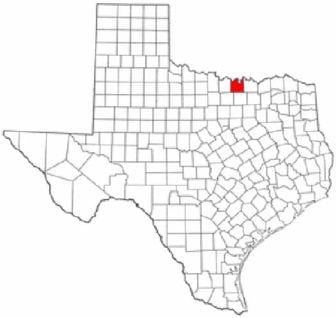
January 15, 2019; Gainesville Daily Register
NPQ has been writing for years about the struggles of United Way organizations as they face declining revenues and drastically changed models. But in doing so, we have often focused on the larger members of that field. The Cooke County United Way in Texas cannot be counted among that group, with only three—no, make that two staff members after Marlene Phillips, the executive director, voluntarily resigned (as a paid employee. if not a volunteer and board member).
Phillips had only been at the helm since June, but her tenure started at a time when the revenue from one of Cooke County’s two major sources, the Leo & Mabel Scott Trust, was severely reduced to its lowest level in five years. To place things in perspective, this United Way distributed a total of $338,380 to 26 agencies in 2018, so just about any CEO-level salary would figure large against that total—though in this case, the organization refused to provide salary numbers on any of its three positions to the press.
This, of course, we would consider to be a tactical mistake; telling the press they can’t have something like that is just an open taunt.
Sign up for our free newsletters
Subscribe to NPQ's newsletters to have our top stories delivered directly to your inbox.
By signing up, you agree to our privacy policy and terms of use, and to receive messages from NPQ and our partners.
The United Way’s board chair, Lynn Switzer, issued a statement: “Marlene’s resignation is a demonstration of the selflessness that is at the core of any United Way and meaningful impact to any community. The CCUW board thanks Marlene for her sacrifice and ongoing commitment to CCUW.” We have no way of confirming that overall narrative, but we have certainly seen this kind of move made before in largely volunteer-driven efforts.
Another statement, this one sent to the Gainesville Daily Register, points out that the United Way model works when operational costs are low, allowing the maximum amount of funds raised to be returned to the community. “The CCUW board is embarking upon a strategic planning process to determine the organization’s direction and methods for improving the lives of those living in Cooke County,” Switzer’s statement says. “CCUW’s future is strong thanks to the valuable engagement of its staff, board and volunteers.”
As we have monitored the news over the past few months, we have noted that a number of local United Ways are choosing this moment to entertain the idea of mergers. But there are many questions to be considered in an involuntary downsizing, even if it is temporary, and in some cases—and in the smallest of organizations—those considerations can be very difficult.—Ruth McCambridge













